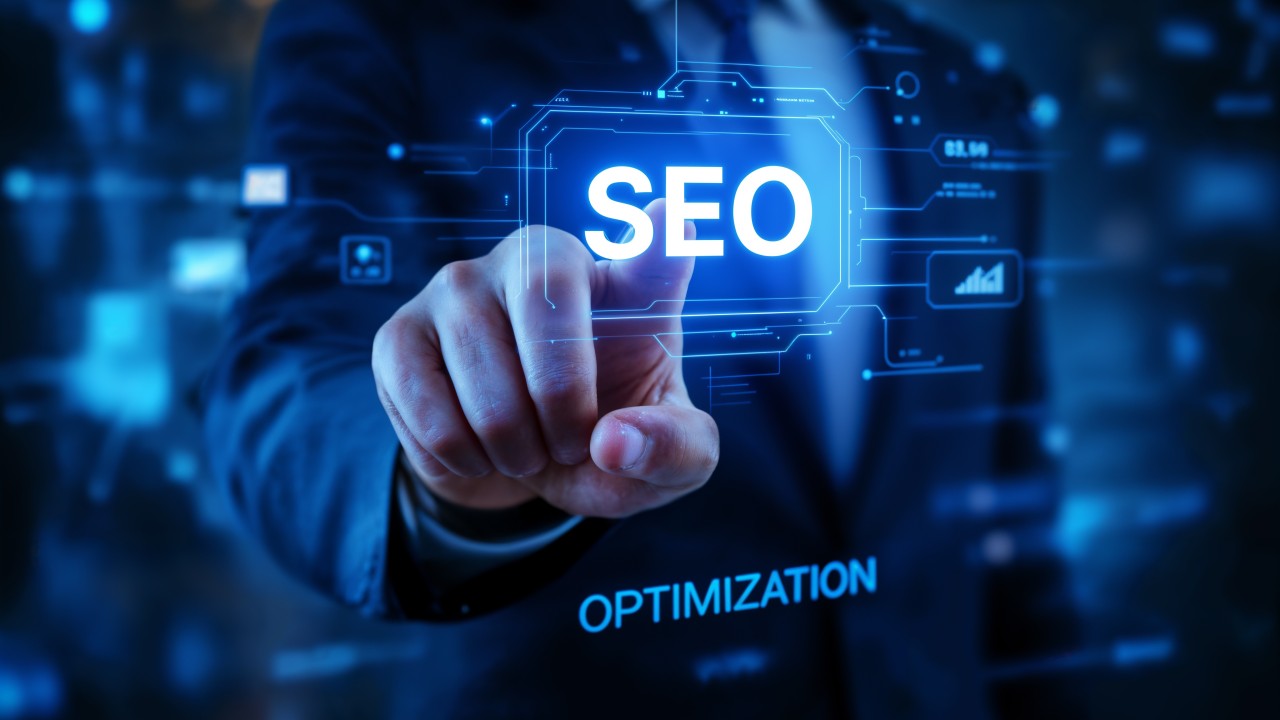Artificial intelligence (AI) has rapidly transformed the world of search engine optimisation (SEO), offering new tools, insights, and opportunities for digital marketers. Yet, as with any emerging technology, AI has also become the subject of numerous myths and misconceptions. In this blog post, we’ll separate fact from fiction by exploring the ten most common myths about AI SEO — helping you make informed decisions for your website and digital strategy.
1. AI Will Replace Human SEOs Completely
Many fear that AI will make the role of human SEO professionals obsolete. In reality, AI is a powerful assistant rather than a replacement. While AI tools can automate data analysis, keyword research, and even content suggestions, human expertise is still essential for creative strategy, understanding audience intent, and crafting compelling content. Successful SEO in 2025 relies on collaboration between human insight and machine efficiency.
2. AI-Generated Content Always Ranks Higher
The rise of AI-driven content generators has led to the misconception that content produced by machines will automatically outrank human-written articles. However, search engines like Google prioritise quality, relevance, and originality. AI can help streamline content creation, but human editors are vital for ensuring accuracy, brand voice, and authenticity — all factors that influence ranking.
3. AI Knows Google’s Algorithm Secrets
Some believe that AI tools have insider knowledge of Google’s ranking algorithms. Truthfully, no third-party AI knows the exact inner workings of Google or other search engines. AI-powered SEO platforms use historical data and machine learning to identify trends and offer recommendations, but they don’t possess secret knowledge. SEO success still depends on following best practices and adapting to ongoing algorithm updates.
4. AI SEO Is Only for Large Businesses
AI-powered SEO isn’t just for big corporations with deep pockets. Recent advances have made AI tools more accessible to small and medium-sized businesses, offering affordable solutions for keyword research, competitor analysis, and website audits. Whether you’re a local shop or a multinational enterprise, leveraging AI for SEO can help you stay competitive in your market.
5. AI Can Instantly Boost Your Rankings
Some marketers expect immediate results from implementing AI SEO tools. In reality, SEO remains a long-term effort. AI can expedite certain tasks and provide actionable insights, but organic rankings require time, consistency, and ongoing optimisation. Patience and strategic planning are still the cornerstones of effective SEO.
6. AI Content Is Unreadable and Robotic
Early versions of AI-generated content were often awkward and repetitive, fuelling the myth that machines can’t write readable copy. Today’s AI models, trained on massive datasets, produce surprisingly fluid and natural text. Even so, human oversight is needed to ensure content maintains brand personality, context, and emotional resonance with readers.
7. AI Will Get You Penalised by Search Engines
There’s concern that using AI for content creation or optimisation could lead to penalties from search engines. The reality is that Google and others penalise low-quality, spammy, or duplicate content — regardless of whether it’s written by a human or machine. As long as your AI-assisted content is unique, valuable, and follows best practices, you’re safe from penalties.
8. AI Can Completely Automate Link Building
Link building is a crucial aspect of SEO, and some believe AI can handle it entirely. While AI can help identify potential link opportunities and automate outreach, building genuine relationships and securing high-quality backlinks still requires human interaction. AI is a helpful tool, but not a total solution for effective link building.
9. AI Is Too Complicated for Everyday SEO
AI may seem intimidating, but modern platforms are designed to be user-friendly for marketers of all skill levels. Many AI SEO tools offer intuitive dashboards, step-by-step workflows, and actionable insights that make optimisation accessible to beginners and experts alike. Don’t let tech jargon deter you from exploring AI’s benefits for your website.
10. AI Guarantees Top Rankings
Perhaps the most pervasive myth is that using AI guarantees you’ll land on page one of Google. No tool or technology can promise top rankings. Success with SEO (whether assisted by AI or not) depends on a holistic approach: quality content, technical optimisation, user experience, and ongoing adaptation to search engine changes.
Conclusion: The Reality of AI in SEO
AI is reshaping how digital marketers approach SEO, offering new efficiencies and insights. However, the myths surrounding AI can lead to unrealistic expectations or missed opportunities. By understanding what AI can and cannot do, you’ll be better equipped to harness its strengths, avoid pitfalls, and achieve lasting SEO success in 2025 and beyond.
Ready to separate myth from reality? Start experimenting with AI SEO tools today — but remember, your human touch is irreplaceable.







